This story originally appeared on the College of Biological Sciences’ blog.
The cell. It’s the basic building block for life, and the human body is composed of trillions of them. Chemical and environmental forces interact with cells, influencing their development and functionality. But there’s another force at work here, one that’s tugged at senior biological sciences student Joleen Cheah’s curiosity.
“Mechanical forces have been shown to be able to initiate a lot of different kinds of cellular processes and signaling pathways,” said Cheah. “They have a huge effect on cell signaling.”
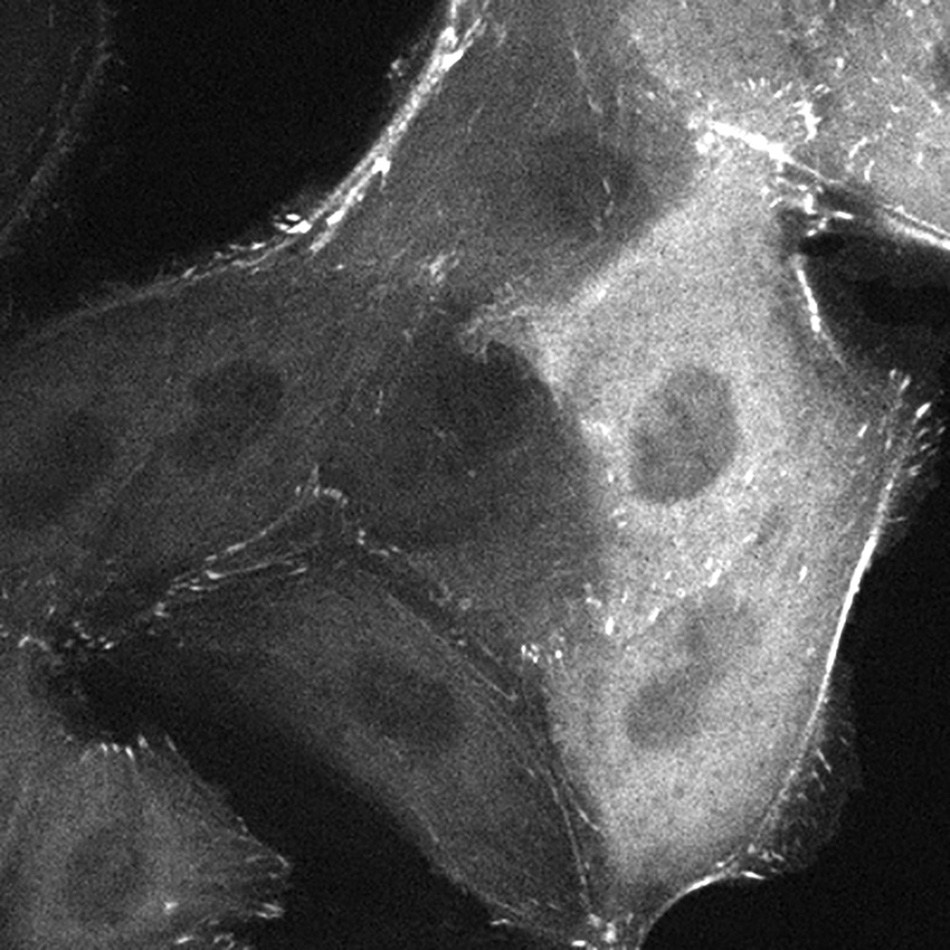
Known as mechanobiology, the study of how physical forces affect cells is a developing field, and Cheah is on the ground floor. Since her freshman year, she’s worked in the lab of associate professor Soichiro Yamada, Department of Biomedical Engineering, where members investigate how “mammalian cells touch, feel and work together to form multicellular tissues and organs.” Investigating how mechanical forces affect cells is critical to understanding diseases like cancer, commonly characterized by abnormal cell adhesion.
In her time at UC Davis, Cheah’s collected an array of scholarships and awards, including the Regents Scholarship, the Barry Goldwater Scholarship and the UC Davis Hanson Family Undergraduate Research Fellowship Award, among other accolades. And now, the senior in biological sciences has a new award to add to the list.
For her outstanding research activities and scholarship, Cheah was awarded the College of Biological Sciences Medal. She was also recently awarded the Chancellor’s Award for Excellence in Undergraduate Research and the University Honors Program’s Research and Innovation Award.
“Joleen has been instrumental in the lab,” said Yamada. “She is motivated, works very hard, and she enjoys new discoveries — she’s made quite a few in fact!”
“I feel very honored to receive the College Medal,” said Cheah. “I've gained a passion for research from my lab experience and am excited to continue conducting research in graduate school.”
UC Davis: A family affair
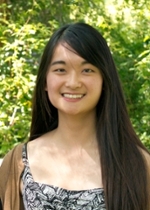
Raised in Sunnyvale, Calif., Cheah was encouraged by her parents — an electrical engineer and a quality assurance manager in biotech — to explore whatever subjects struck her curiosity. She discovered an interest in life sciences early and loved the fact that she could directly relate the subjects to human health and disease. This connection influenced her decision to further pursue studying biology, but Cheah’s UC Davis journey actually started with her older sister, Jenice.
“I sort of convinced my sister to come to UC Davis,” said Cheah, who noted that her older sister was initially torn between UCLA and UC Davis. The younger Cheah found the UC Davis campus welcoming and inviting, with ample opportunities spanning the life sciences. “When I got in, I was like ‘I want to come here too.’”
As part of the University Honors Program, Cheah participated in a mentor-mentee program and was paired with Yamada. They met the summer prior to her freshman year for a lunch event hosted by the program. Cheah ran into him again later that academic year at the Undergraduate Research Conference. She joined his lab shortly afterwards.
Finding a lab that sticks
Cheah spent time learning lab techniques, from polymerase chain reaction and plasmid preparation to tissue culturing and western blot analysis. It was all prep for her investigations with Yamada into the mechanobiology of cells.
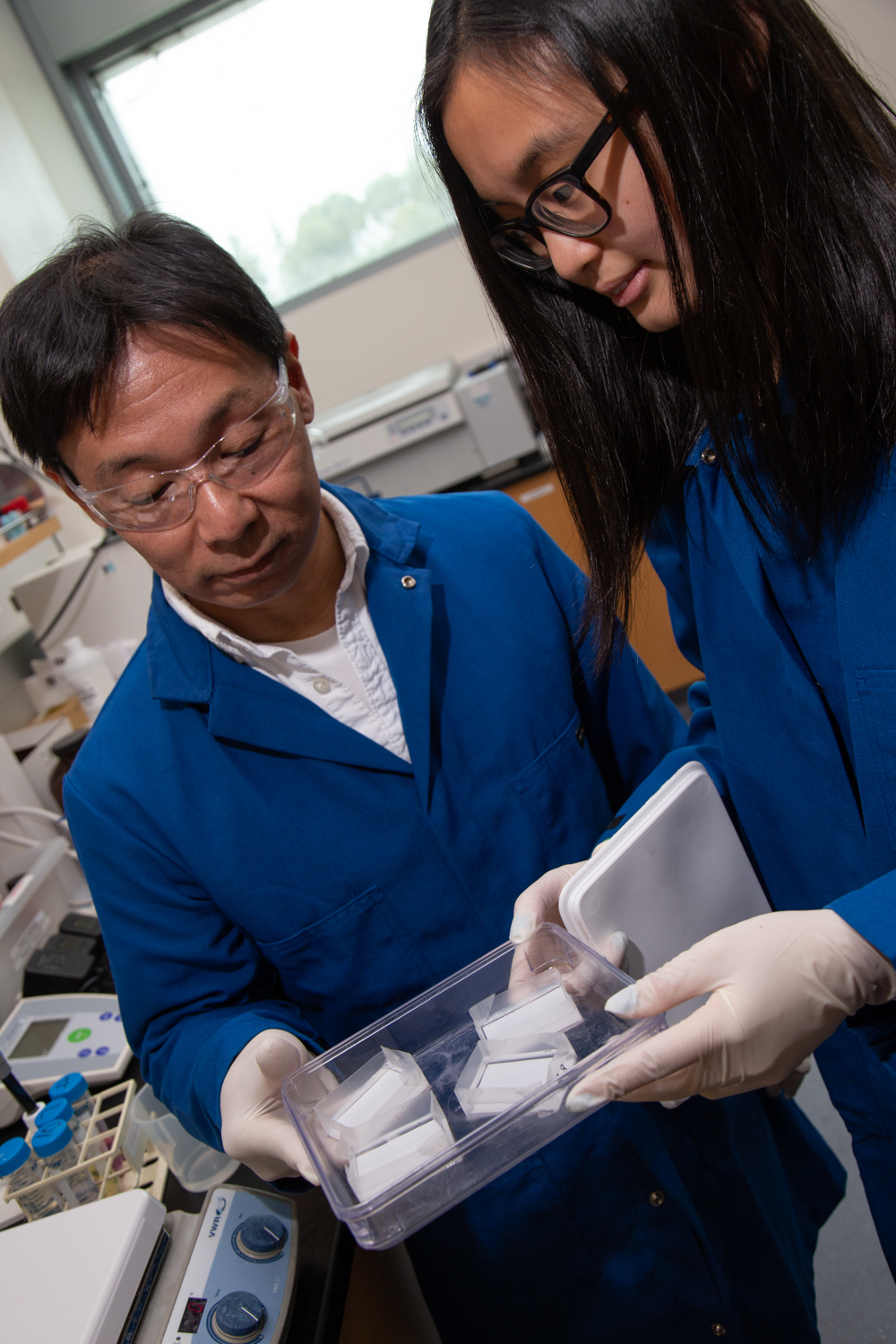
To investigate, Cheah and Yamada stretch cells to induce mechanical stress responses. They do this via two methods. In the first method, they plate the cells on an elastic substrate, which the cells adhere to. They then stretch the plate, which in turn stretches the cells. The second method requires a tad more precision and a steady hand. Using a teeny-tiny glass needle, the researchers can prod and physically manipulate cells while viewing them under a microscope.
“We know that physical forces are key regulators of cell behavior, but we know little about how cells sense physical forces and convert them into chemical signals,” said Yamada. “Joleen identified some of the key proteins that come together when epithelial cells are physically stimulated. This mechano-induced signaling is thought to be important for all types of cellular processes, including tissue development and regeneration.”
Understanding how mechanical forces influence cells could lead to the development of novel cancer therapies, according to Yamada.
Computer science and the future of biology
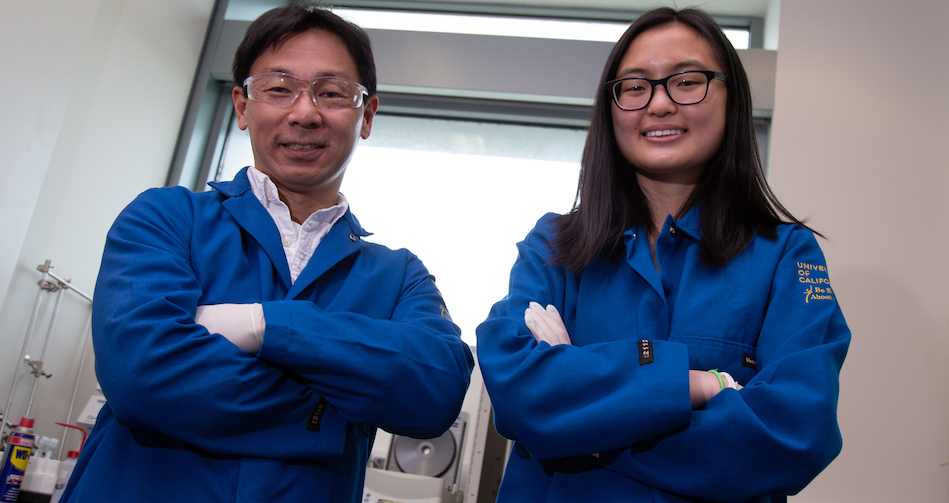
After crossing the commencement stage, Cheah plans to spend part of the summer traveling through Southeast Asia before continuing her studies at Stanford University, where she’ll pursue a Ph.D. in biology.
“I definitely want to learn more computational skills and also look into structural biology,” she said. “I think it’s a useful skill. Having a working knowledge of structural analysis techniques will allow me to better understand and visualize how proteins interact with each other, and being able to code will enable me to analyze big data sets in a high-throughput manner.”
Asked what she’ll miss about UC Davis, Cheah immediately noted the support system she built with Yamada, other professors and friends.
“I appreciate the variety of opportunities I had to engage in science and the community during my undergraduate career,” she said. “I've learned a lot, both in class and outside of class.”
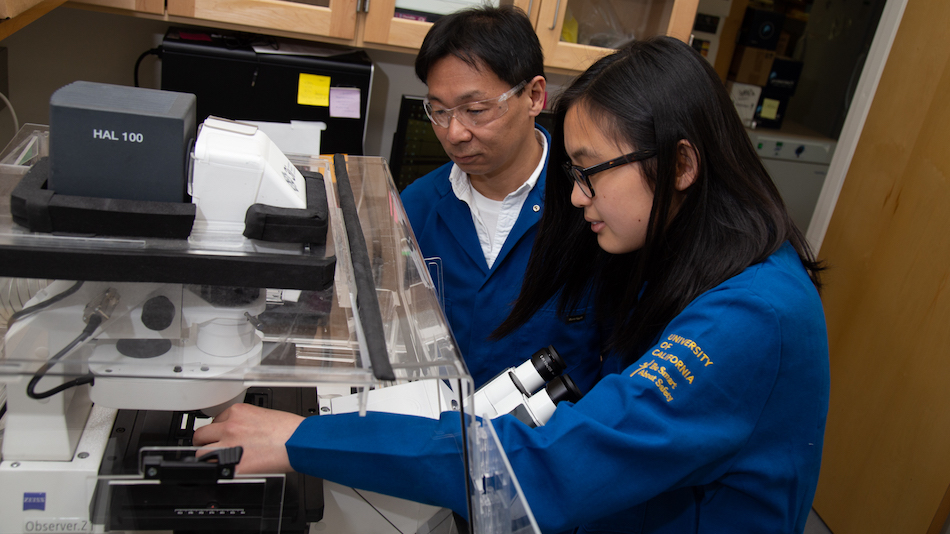
Greg Watry is a science writer and communications specialist at the College of Biological Sciences.
